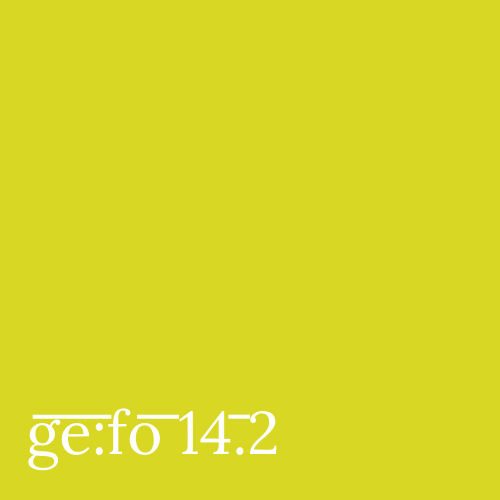Review: Narrating Victimhood. Gender, Religion and the Making of Place in Post-War Croatia
DOI:
https://doi.org/10.18716/ojs/gefo/2015.2666Keywords:
Michaela Schäuble, Victimhood, Survival, Urban, Communism, Liberals, CroatiaAbstract
In lieu of an abstract, here is the first paragraph of the review:
Ignoring any warnings of potential dangers that might lurk in the supra right wing and Eurosceptic Dalmatian hinterland, anthropologist Michaela Schäuble set out to explore the rural margin of the Croatian nation. For many months, the town of Sinj became the authorʼs home, where she built close relationships with the locals. In comparison to many urban liberals, Sinjʼs inhabitants have made Croatiaʼs violent history, marked by the Homeland War, the Communist past, and the Ottoman invasion, their personal trademark. Stuck in their pasts, the locals display pride in understanding themselves as victimized people – people that will always exist at the margins of political or economic power. Schäuble conducted the biggest part of her research in 2012, which means that Croatia had recently applied for membership in the European Union. The locals anticipated economic exploitation of their farmers if Croatia would fall under EU leadership. In general, the socio- economic situation in rural Dalmatia leaves much to be desired. The majority of the population is poor, with homemade produce providing an important source of income and being a necessity to bolster the kitchen table. As a result of their mistrust in contemporary political developments, Sinjʼs inhabitants revitalize conservative family values and local traditions, all of which idealize strict definitions of masculinity and femininity. In my opinion, the strength of Schäubleʼs work lies in uncovering the pitfalls of these gendered notions. The author paints a sad picture of the once oh-so sexy dandy soldier who bravely defended Croatia during the Homeland War. Today, his sex appeal is as good as gone. Instead, he is an aged veteran without hope or financial security. Sadly, he has turned into a mere mockery of masculine heroism. As a result, the rate of domestic violence and suicide in veteran families has risen tremendously in the postwar years. Women, on the other hand, are expected to provide psychological support both for the nation and their immediate families. Femininity means to embrace and live out the role of eternal self-sacrifice in the form of the mater dolorosa. Womenʼs Marian identification represents the dignity and aesthetics in lamenting the loss of a child – in the case of Dalmatiaʼs women, this equates to the loss of their sons who fell as soldiers. Hence, women embrace and reproduce the localʼs self-image of victimization.



